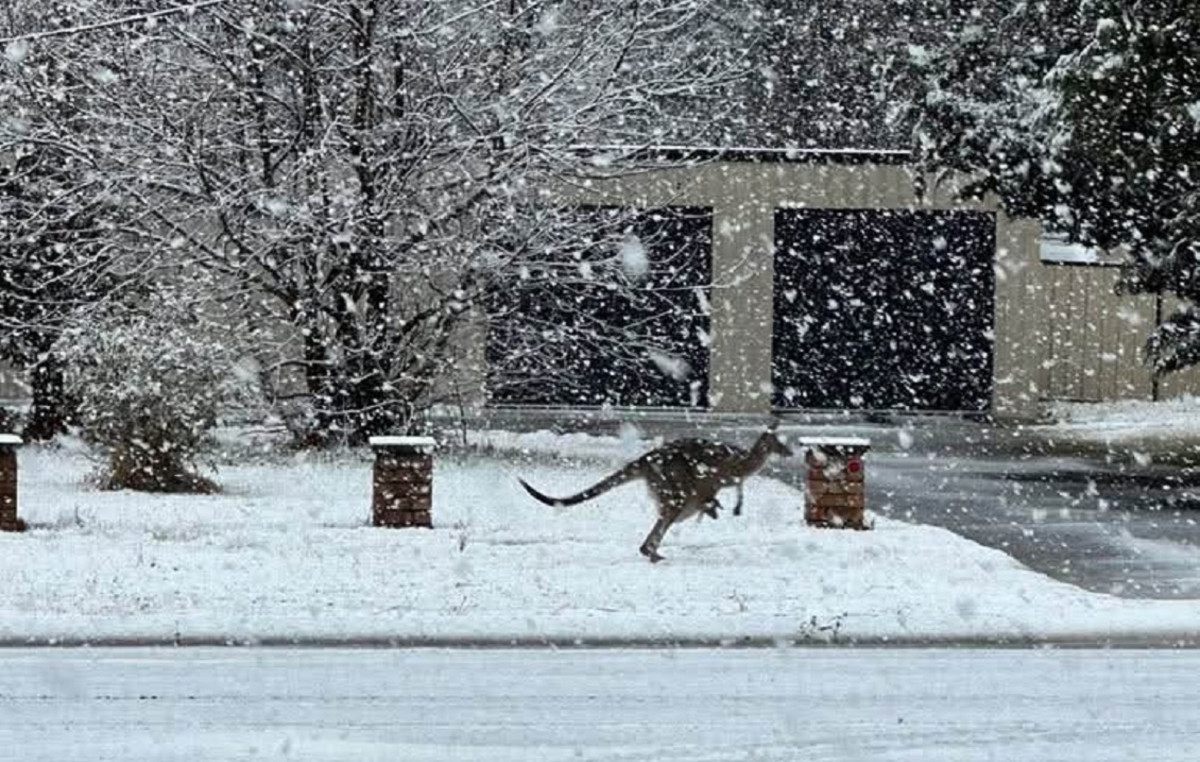Fiocruz is investigating two cases of a rare neurodegenerative disease, known by the acronym CJD (Creutzfeldt-Jakob Disease). The cases are in residents of Rio de Janeiro hospitalized at the National Institute of Infectious Diseases Evandro Chagas.
Initially, Fiocruz said that it was suspected of “mad cow disease”, but the Ministry of Agriculture guarantees that it is not related to the consumption of beef or its derivatives.
“Meat consumption can continue [normalmente]. We have very good control from production to meat processing,” he told CNN the secretary of Agricultural Defense at the Ministry of Agriculture, José Guilherme Leal.
The secretary explains that the disease identified in Rio is a nervous condition with symptoms similar to Bovine Spongiform Encephalopathy (“mad cow disease”), but with different causes. “CJD has several possible causes and, in Brazil, the cases that occur are sporadic, naturally occurring”, he said.
This change in bovine proteins that manifested symptoms of “mad cow disease” is similar to what occurred this week in two other cases investigated by the Oswaldo Cruz Foundation (Fiocruz), in Rio de Janeiro.
On Thursday (11), the Ministry of Agriculture said the cases were actually suspected of Creutzfeldt-Jakob Disease (CJD), not Bovine Spongiform Encephalopathy (“mad cow disease”).
“It is an alteration in the protein of the brain and this occurs naturally in human beings from a certain age group onwards. On the other hand, ‘mad cow disease’ is a variant of this CJD, which is the VCJD — this one, yes, associated with the consumption of beef or meat products”, added the secretary, adding that the country has no registered cases of diseases associated with ingestion of beef.
Veto from China
Brazil is still waiting for China to complete a technical assessment so that beef trade between the countries can be re-established, said the secretary.
The ban on Brazilian beef exports lasts more than two months, starting on September 4, with the confirmation of two cases of “mad cow disease” in Brazilian herds.
“We have already provided all the information to the Chinese authorities and we are awaiting the conclusion of the technical assessment they are carrying out to resume trade with China,” said Leal.
According to him, it was proven that the transmission of the disease from one bovine to another does not occur through food, but because of a change in protein in older animals. Once identified with this atypicality, the cattle were separated from the others by the Brazilian Sanitary Surveillance, said the secretary.
Reference: CNN Brasil
I am Sophia william, author of World Stock Market. I have a degree in journalism from the University of Missouri and I have worked as a reporter for several news websites. I have a passion for writing and informing people about the latest news and events happening in the world. I strive to be accurate and unbiased in my reporting, and I hope to provide readers with valuable information that they can use to make informed decisions.







